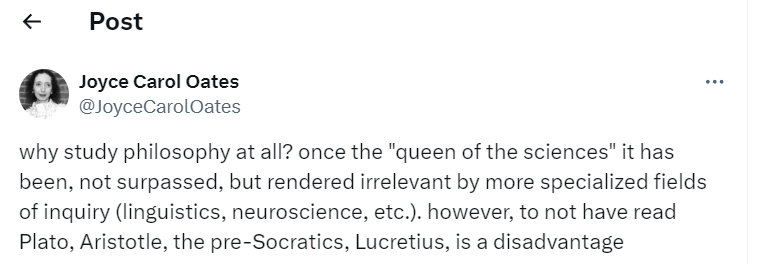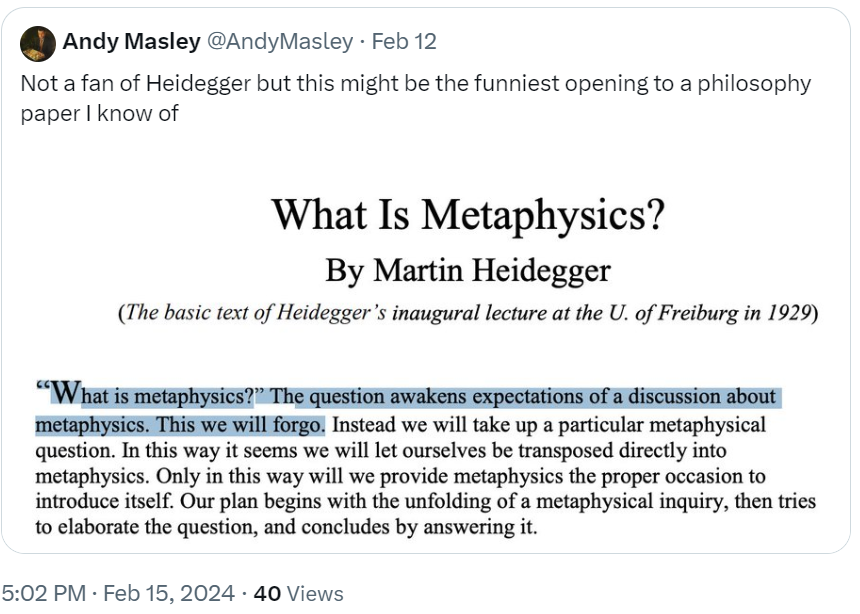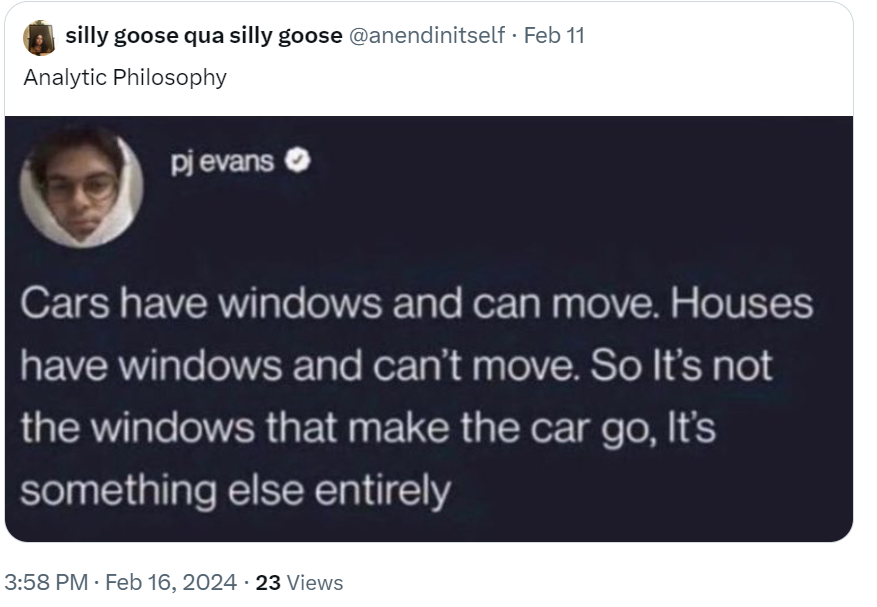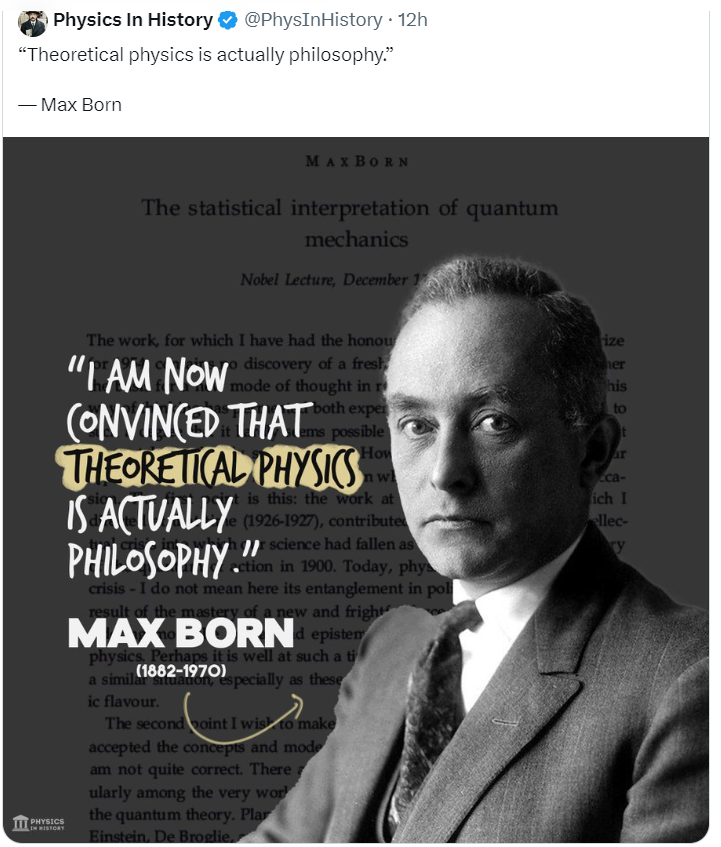
This is the first of a series of my philosophy posts (or tweets) on X, as now published on Medium.
The tweets were relatively long anyway, as I have a X Premium subscription which allows people to publish longish posts. Indeed, I went for the subscription option precisely because I was unhappy with X’s word limit (as well as other limitations)…
After all, what can you say in up to 280 characters? Not that I ever intended to do the opposite: post article-long posts on X.
Thus, I intended to strike a happy medium between posting full articles (or essays), and posting short (therefore usually unhelpful) tweets on X.
In terms of my reposts on Medium, I’ll often need to stop myself from over-extending the original X posts, which will kinda defeat the object of reposting “shorts”. However, as stated, some X posts will be tweaked and extended if required.
Finally, I also add links to the original tweets, which can’t be done on X itself.
Albert Einstein, Just War Theory, and Pacifism

Albert Einstein believed in a “just war”. He must have done. He believed that the war against Nazi Germany (in 1939) was just. Yet he was also a self-described “pacifist”.
So was this like the following?-
“I’m a pacifist, BUT…”
[“I’m not a racist, but…” Or: “I’m not a Marxist, but…” Etc.]
So perhaps most people are pacifists-but. Or perhaps most pacifists are pacifists-but.
I’m not sure if there’s a strong contradiction here, and perhaps Einstein stopped being a pacifist at some point. However, didn’t he become a pacifist again after the Second World War? (I don’t know much biographical detail about Einstein.)
Can pacifists pick and choose as Einstein seemingly did? More relevantly to the tweet above, do some pacifists believe that some wars are just?…
Well, if they do, then surely they’re not pacifists…
Transcending Reason

There are two problems with (supposedly) “transcending reason”:
(1) Historically, reason has often been required (or “used”) to transcend reason.
(2) Those who genuinely transcend reason will also need to compete with others who genuinely transcend reason.
Irrationalists (or those who “transcend reason”) usually compete with rival irrationalists by using violence, abuse, emotional language, poetic and categorical proclamations, etc. That’s what I meant in (2) above.
So is all that why Martin Heidegger embraced the Nazis?
Most Heideggerians, of course, deny all this, or say that it’s irrelevant to his philosophy.
Really?
Not if Nazi and other other kinds of irrationalism are embedded in Heidegger’s actual philosophy! Indeed, isn’t that one implicit claim of some of those who speak of “transcending reason”?
Why Study Philosophy?

Joyce Carol Oates could do with studying more philosophy herself.
She doesn’t even bother telling her readers why philosophy has been “rendered irrelevant by more specialized fields of inquiry (linguistics, neuroscience, etc.)”. In fact, at face value, it’s hard to know what that even means. It’s almost like saying that tennis has been rendered irrelevant by dogging.
In her favour, it’s only a tweet, not a paper or article.
The thing is, many tweeters can’t go much further than slogan-full posts. What’s more, most philosophers haven’t read Lucretius. So that philosopher is an oddly personal choice.
The Nothing Nots

Is this the paper in which the words “the nothing nots” occur? It is certainly the paper Rudolf Carnap had a go at.
Oddly, they were both on the same page when it came to criticising Western metaphysics. That is, both had a Year Zero attitude toward metaphysics.
Arguably, Carnap was even more extreme than Heidegger on this. After all, Heidegger knew his philosophical history. I’m not sure that Carnap did.
Continental Philosophy

Is the above a good example of taking the piss out of analytic philosophy?
Try my response:
Continental Philosophy:
“Cars transcend the multi-variational multiply of epic Being-qua-Being. Houses are fascistic in intent and design. Thereforeto4, it’s not that cars aren’t fascistic too, it’s that Godel’s theorem says that houses are more fascistic…”
Theoretical Physics Isn’t Philosophy?

Theoretical physics may not actually be philosophy. However, surely it’s often philosophical. Indeed, much of it is speculative…
And a good thing too… up to a point.
Do other physicists, unlike Max Born, believe that theoretical physics isn’t philosophy simply because the subject matter is, well, physics? Does the maths contained in it automatically stop it from being philosophy?
I’m not arguing that theoretical physics is philosophy (as in “the ‘is’ of identity”).
Is time travel possible?

Some philosophers and scientists have argued that time travel is logically impossible. Thus, it seems that their position has little to do with technological limits, physical laws, spacetime, etc.
In any case, what some philosophers and scientists deem to be logically impossible, may not actually be logically impossible.
Do Academic Philosophers Contribute to “Public Discourse”?

I’m not in favour of any cuts to philosophy departments. However, I still need to know what the words “an excellent Philosophy Dept, whose faculty members have contributed so much to public discourse” mean.
To pin that down a little.
What do the words “contributed so much to public discourse” mean?
I suppose that because universities are “public” bodies, and the work of academics is public, then, by definition, academic philosophers must have “contributed so much to public discourse”… But I’m not sure.
Academics really must be more philosophical about why they deem their own careers to be so important, and also about the role they believe they play in society at large. I suspect that Michela Massimi is only tweeting to other academics. However, how does she believe her words will sound to all those outside the Academy?










No comments:
Post a Comment